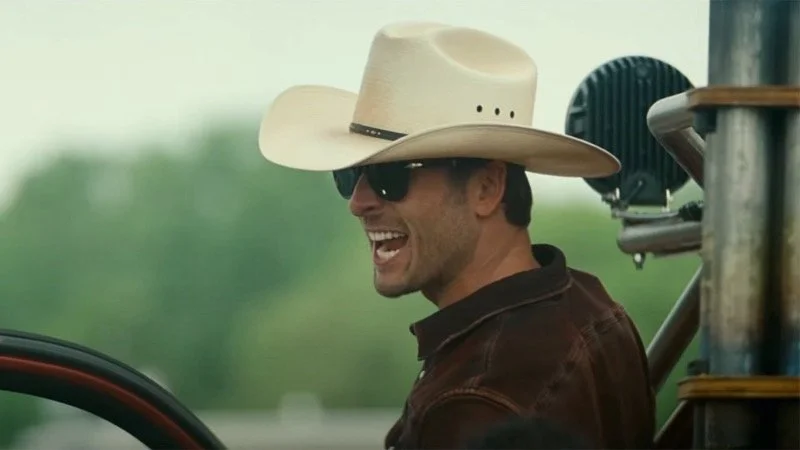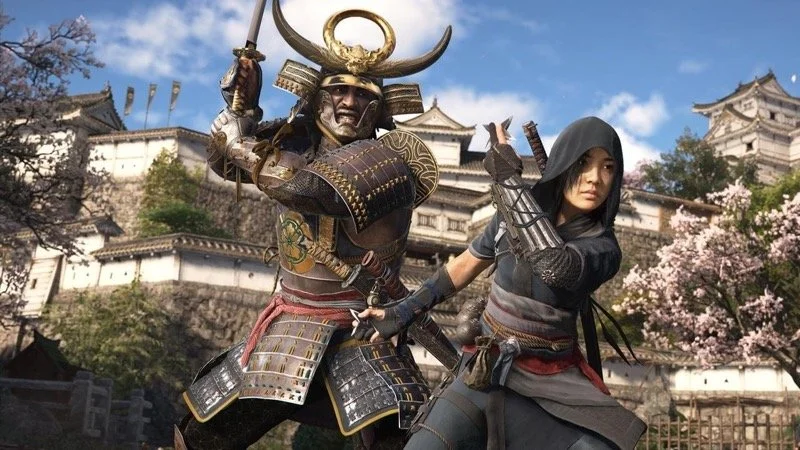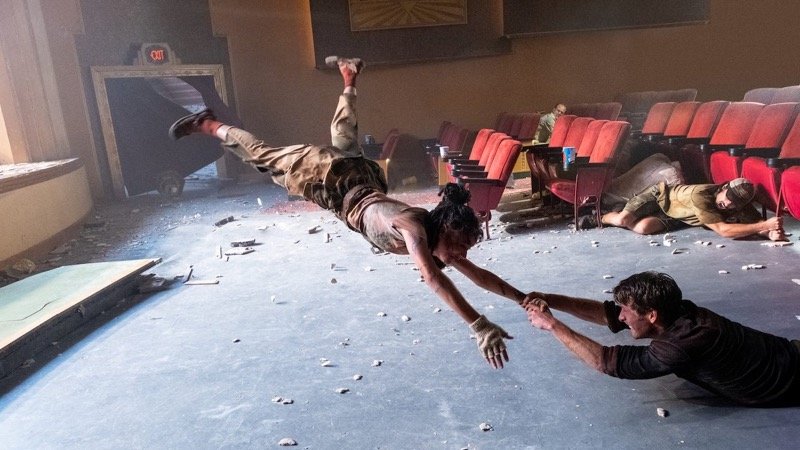How Multimedia Can Create Empathy And Reshape Your Political Focus
Image Source: JoBlo
Welcome back, class!
I have to apologize. My life is in transition at this moment, and while I hope to have an article every week eventually, for the moment, it’s going to be about once a month. Bear with me.
Anyway, on to today’s lesson.
I went and saw Twisters last week. The first movie was great, and the second was just as fun. I highly recommend you go and check it out. Anyway, it should go without saying that the film takes place in Oklahoma, a state about as deep red as you can get in the United States. You’re bombarded by cowboy hats, country music, and even a rodeo. It was during the rodeo scene that I found myself realizing something, and this column was born.
RELATED:
Image Source: Cinemablend
If you’ve read any of my opinion pieces or my previous column, you should have a good idea that I’m a leftist and a pretty hardcore one at that. I also teach AP United States Government and Politics. The challenge comes from presenting and teaching the function of our government in a balanced way. So the struggle to not inundate my lessons with my particular taste for policy is real.
That said, I am steeped in political discourse and news. It permeates many of my thoughts throughout the day and the things I do. To the untrained, this could be overwhelming and presents opportunities to become swept up in cults of personality and bullshit culture war distractions. Education is the strongest filter to sort through the distractions and separate culture from policy.
I’m also steeped in popular culture (I mean, you’re reading this on Culture Slate.) So with all of the above, I am keenly aware of what becomes identified as politics in a game or a movie. Most of it is culture war garbage that only arises as a controversy because of unhinged people on the internet or talking heads pushing their agenda.
This brings me back to the rodeo scene. It’s about as saturated in rural culture as you can get. My initial reaction was, honestly, internal jeering at these people. I caught myself, and thought, who cares? Why did I see these people in a different light and look upon their recreation with scorn? It’s because we’ve allowed the talking heads on TV and the internet to push together their culture and political ideology until it’s nearly indistinguishable. Sure, if you were to look at someone in the crowd, you stand with good odds that that person is a conservative who voted for Donald Trump. But if Psychology teaches us anything, it’s that that kind of thinking, while faster, is prone to error. It’s no guarantee that they’re part of the MAGA crowd. Some liberals and leftists live in the country, too.
Image Source: Screen Rant
That’s all beside the point. What they choose to do with their free time is no concern to me. I’m a grown-ass man and I build LEGO, read comics, and play video games. I don’t like it when people look at me with scorn for that, so why should I do that to them? Furthermore, the people in those stands all had to run for their lives moments later because a massive tornado ripped through the area. What does that have anything to do with politics? They were enjoying themselves, having a good time, and then had to run for their lives, regardless of who they voted for.
Hello, World!
Not to stop there, the movie diminishes the culture war-centered politics we’re used to by showing us what the true enemy of the people is: corporate interest. These “country bumpkins”, initially portrayed as the annoying antagonist of the film, quickly become the heroes when the protagonist realizes that she might be working for the wrong people. These terminally online tornado wranglers show up and help people with free food for people who’ve just lost everything, instead of the corporate sociopath handing out business cards and offers to buy the victims’ land.
It’s the same in games, television, books, etc. The gender of the protagonist, or their race has nothing to do with the story, which is what we are really watching it for. Unless the story is about race, sex, or gender, then it doesn’t matter who plays the character.
Image Source: GameSpot
There’s nothing political about any of this. Politics is a shifting balance of power that concerns approach to policy. We’re talking about differences on things like how much people should be taxed, how much should be spent on the military, foreign policy relations, etc. None of that has anything to do with people spending their free time watching cowboys wrangle cows, or building LEGO. And politics has no place in rights. Humans, no matter their creed, race, sex, identification, any of it, deserve their right to exist. Their existence does not in any way, shape, or form restrict your right to exist. The only reason those things have become attached to political ideology is because we’ve let people of widespread renown tell us that they are.
I read a book recently, called Against Empathy, by Paul Bloom, a psychologist out of Yale. His basic argument is that in the struggles and things we have to address as a society (climate change, homelessness, etc.), empathy is not good enough. It’s too personal, and reserved for our immediate groups that we interact with. To address these issues, we need to use compassion, which is broader and allows us to care about the broader public. He goes into more technical information about how this works on the psychological and biological level, but compassion helps humans care about those they don’t interact with, and it’s innate in all of us.
Image Source: Oklahoman
Live and let live, folks. If you want fewer taxes, or more taxes, or a change in our relationship with a foreign entity, use your freedom to protest or vote or both and organize. Let’s all understand that we all deserve to exist, and we all deserve to enjoy our time on this earth in our own way, and the more we can understand that for ourselves, the better we can separate these things from political ideology and dismantle the hold culture wars have on us.
READ NEXT:


















